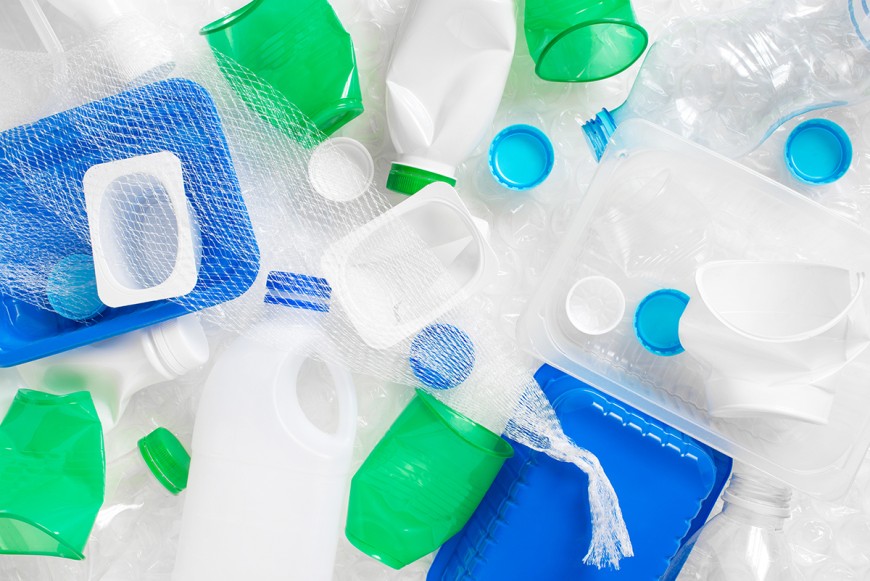
 back to all news
back to all news
SEAS Professor Greg Keoleian Offers Congressional Testimony on Plastic Waste Reduction

School for Environment and Sustainability (SEAS) Professor Gregory Keoleian was called to testify before the U.S. House of Representatives Subcommittee on Research and Technology on June 24 for a hearing on “Plastic Waste Reduction and Recycling Research: Moving from Staggering Statistics to Sustainable Solutions.” This subcommittee is led by Rep. Haley Stevens (MI-11), who introduced a bipartisan bill, Plastic Waste Reduction and Recycling Research Act, with her colleague Rep. Anthony Gonzales (OH-16).
Keoleian’s research through U-M's Center for Sustainable Systems focuses on the development and application of life cycle models and sustainability metrics to guide the design and improvement of products and technology.
During his testimony, Keoleian noted that the plastics waste crisis is more than a packaging waste problem, and that multiple technical and economic barriers limit plastics material recovery. He highlighted that less than 8 percent of the plastic from packaging, consumer products, furniture, electronics, transportation, and buildings is recycled due primarily to inexpensive virgin feedstocks combined with quality issues in recovering plastics from retired products.
Keoleian added that systems analysis tools are necessary to overcome these challenges, and outlined six recommendations:
- Research is needed to fill in data gaps in plastics material flows and expand key life cycle inventory databases.
- Life cycle analysis and circular economy models are needed to guide plastics waste innovations and develop robust cost-effective solutions.
- Emphasis should be placed on interdisciplinary Research and Development (R&D) to develop plastic waste solutions.
- R&D should also target product system design solutions beyond recycling.
- A road map to guide R&D coordination across agencies should be developed.
- Plastic waste reduction solutions should also reduce greenhouse gas emissions.
Keoleian ended his remarks by stating that “the plastics waste crisis is worsening, and federally funded R&D is needed to develop robust and sustainable solutions. Solutions to the plastics waste crisis will require a major transformation of systems through technology, community engagement, behavior change, and policy interventions. Technological innovations alone will not be sufficient.”
A recording of the entire hearing can be found here.

